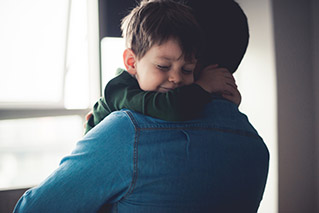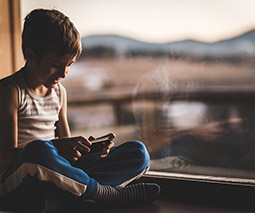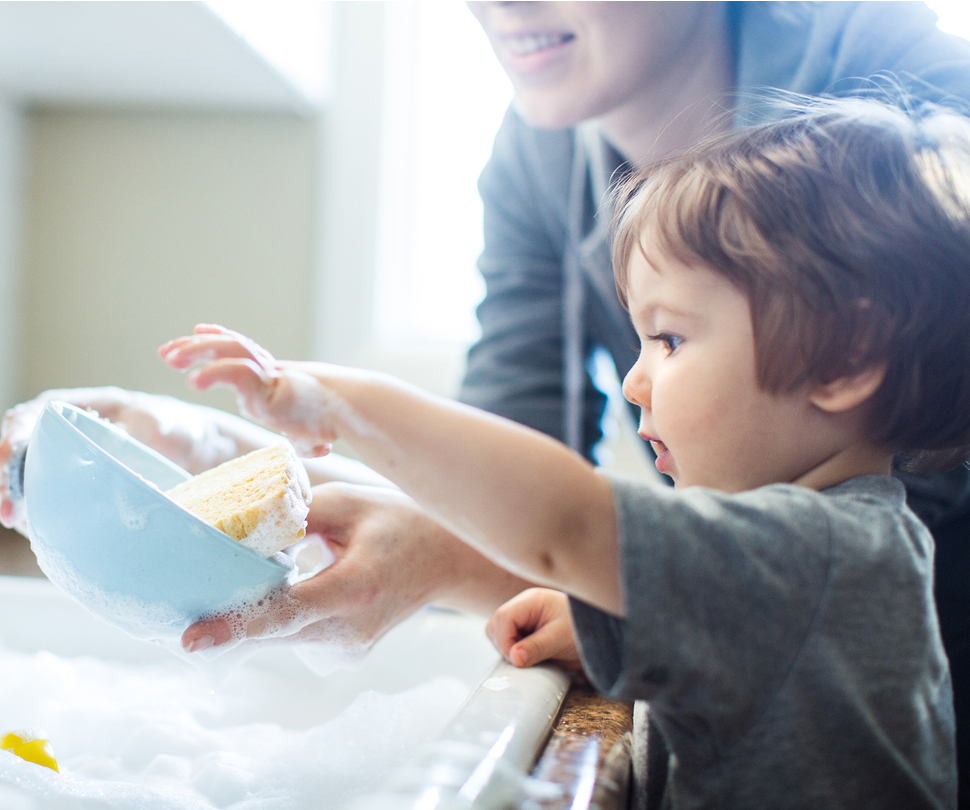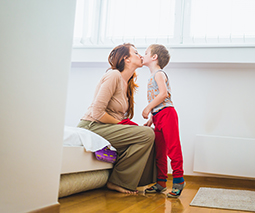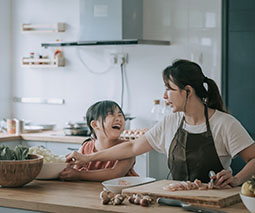How to raise caring, polite and ethical kids – according to Harvard researchers
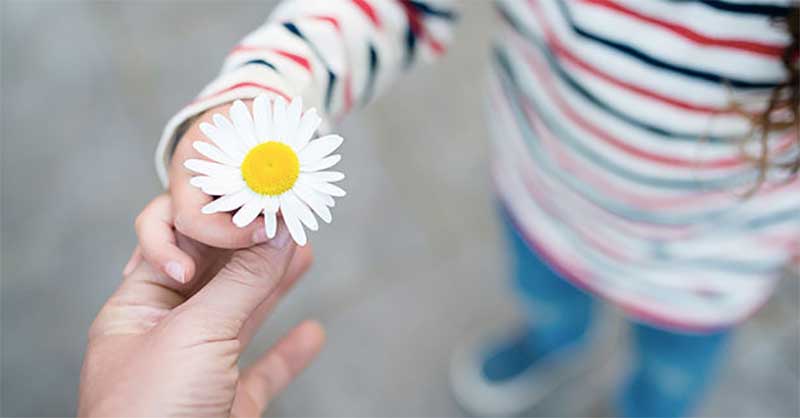
Caring, understanding, polite and ethical – sounds like a recipe for the perfect human, right?
If only there were a way you could bottle all that stuff up and drip feed it into your kids as they sleep, right? Well, researchers at Harvard University have found the next best thing (almost).
A new study has revealed that teaching our kids to be excellent and well-rounded humans takes a bit of work. And that work starts and ends with us.
The good news is that these lessons can happen in our day-to-day lives, and all you really need to get started is a bit of motivation.
Are you ready?
1. Do as I do, not as I say
Be a role model and talk your children through each problem as they face it. Show them how to fix things that break, what to say to someone who is upset, how to help someone who might be sick or old in your community; and show them it’s okay to ask someone you trust for help, or a hug when you’re having a bad day. Kids learn through observation, making actions SO much more important than words.
Read more on kindness:
- Dad praises kind stranger in the airport
- Mum overwhelmed by kindness
- The ‘real talk’ every parent needs to read
2. Make being kind your go-to reaction
Kindness must be your first response in any situation. The Harvard researchers say parents need to make gentle and kind behaviour a priority. Also, encourage your kids to think about how their actions (or lack of action) can impact others.
3. Start chores early
Sounds a bit strange, doesn’t it? But the science works like this: responsibility is a way for children to learn about taking action for the greater good; not everything we do benefits just ‘us’ and we are part of something bigger. Thank them for doing their jobs, and encourage them to thank others when the favour is returned.
4. Encourage kids to ‘zoom out’
Zooming out essentially means thinking more laterally about others before ourselves and encouraging kids to understand that the world is a big place, with lots of people that we need to be considerate of, and not just ourselves.
5. Be action-focused
Instead of complaining about your problem, take action and make a change. Inspire your kids to join a cause that’s important to them, or take them to a protest march to see what people can do when they want to see change. Role model positive thinking by talking about solving a particular problem, and what needs to be weighed up to reach a specific outcome. Lastly, avoid dishing out blame and punishment or demonstrating a sense of righteousness.
6. Build a conflict-prevention toolkit
Taking deep breaths, stepping outside for ten minutes, putting your legs up the wall or naming your feelings with someone you trust. These are all self-control tools, and whatever you choose, they help us to overcome the bigger emotions that hit us from time to time. Teaching your kids these tools will help inspire them to take control of their own feelings and deal with conflict peacefully.
None of us can say we’re perfect humans, but understanding how to deal with problems and people as they arise, helps us navigate the trickier parts of life.
As parents, the best thing we can do is show our kids that while life has its challenges, there are ways to get through it while showing kindness to ourselves and others.
Always.
